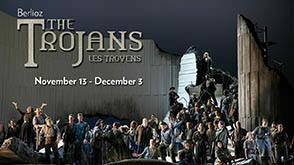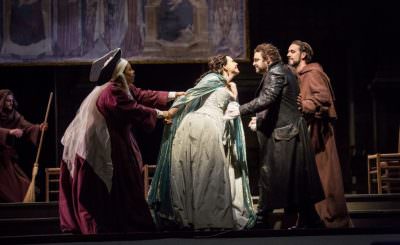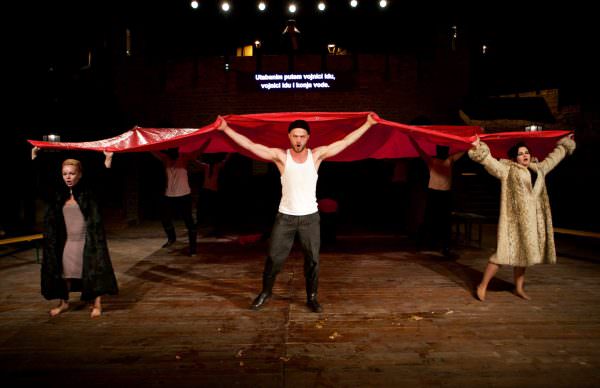Electra
To bring us all up to Electra: prior to Electra, Agamemnon, to appease the goddess Artemis in order to allow his troops to reach Troy, sacrificed his daughter, Iphigenia (Iphigenia at Aulis); then, to avenge the death of her daughter (and because she had, during Agamemnon’s 10-year absence, taken up an adulterous affair with Aegisthus, Agamemnon’s cousin and rival to the House of Atreus), Clytemnestra murders Agamemnon, prompting Electra to send her brother, Orestes, into hiding (lest her mother should murder him, too), until the time when he might return to avenge his father’s death (Agamemnon).
Read More









